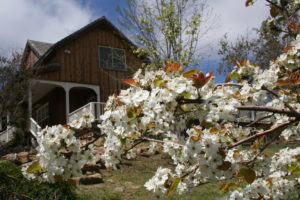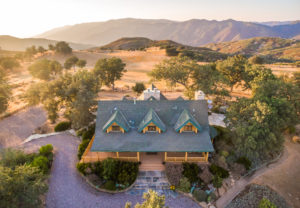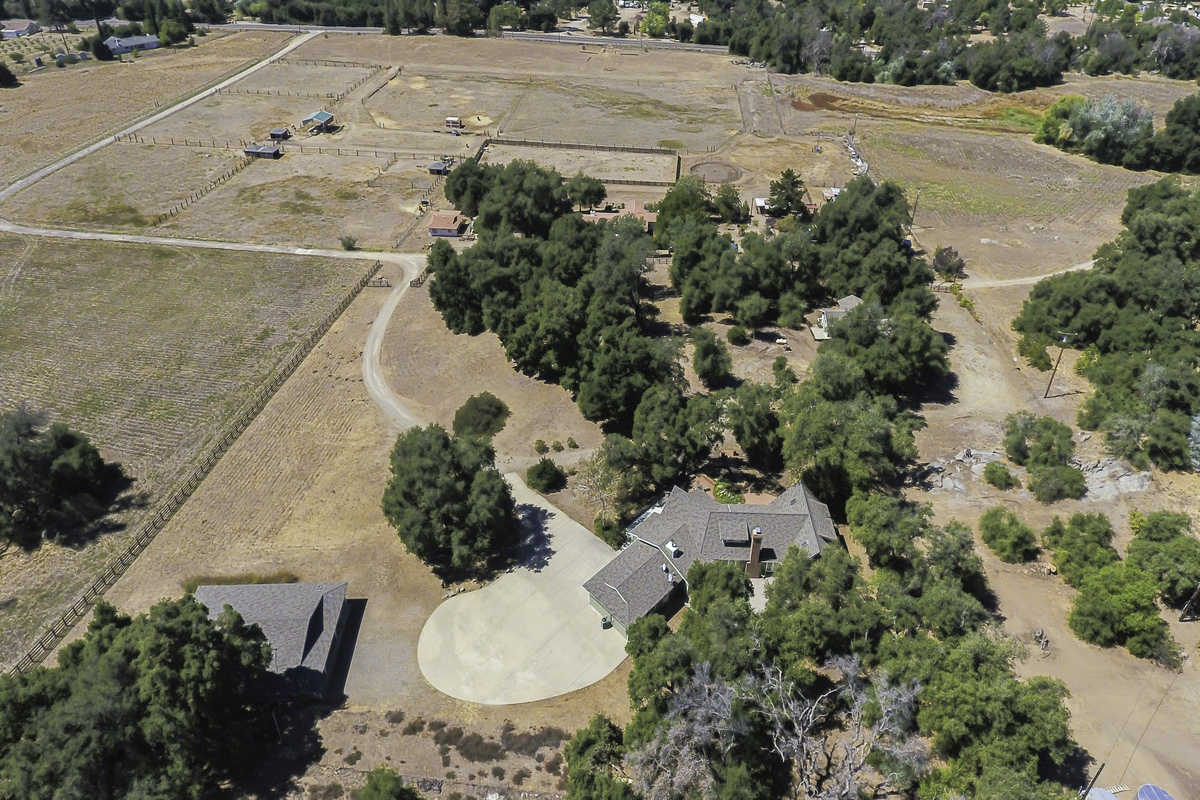People new to the backcountry of San Diego County often ask me who buys property in the area. “What kinds of people live out here?” It makes me wonder if the quizzical look and way the question is asked suggests that the person asking the question can’t quite get their mind around why someone would choose to be so far away from a city. What country folks take for granted is a way of life that a highly socialized city person can only begin to understand over a long period of time of living in a rural environment. A life in the country can be easily described, but understood only through experience. Who buys property in the backcountry of San Diego County? Local people buy and sell San Diego property from time to time. These are deals that happen without a lot of fanfare. These types of transactions are often arranged between the buyer and seller, and facilitated by local real estate professionals at a discount. Buyers from out of the area are from a very diverse mix of people. Buyers from along the coastal areas of Southern California desiring a second home – a weekend get-a- way or family compound – might be the most common group of buyers with whom we work. For example, a family from Coronado, a little more than an hour away, may buy property in or around the Julian area for a relatively inexpensive family retreat. When I say “relatively inexpensive” I am referring to the fact that a beautiful mountain home in Julian, California is probably valued less than the average garage on the Emerald Island. Another perspective of the same anomaly is that the value of a home on a 10,000 square foot lot on a random street in Coronado could buy you a beautiful hundred acre+ oak-studded cattle ranch with a nice home in the backcountry.
Another rapidly growing group of home buyers are people relocating from the city and commuting. The recent growth of this group of buyers has been facilitated by communications technology. With people being connected 24/7, and the development of cell coverage in the backcountry, the feasibility of working from home and during the commute is not only realistic, but the new reality. This segment of the backcountry community tends to be younger professional people. Buyers of vacant land come here with a variety of intentions. Recreational motives, the desire to farm, or simply owning an affordable, tangible asset are among the many reasons people buy unimproved property. Common traits shared by many people buying property in the backcountry include the need to decompress and process the noise and confusion that can accrue in one’s mind after years, or even a lifetime of being immersed in metropolitan areas. In family situations, at least one member – the driving force to be in the country – is usually not afraid of nature, has a well-paying professional background, and one foot in the city and one foot in the country. Although the backcountry property is justified as a financial asset, the truth of the matter is that most just don’t want to lose money and realize the true value of a special backcountry retreat is best described as an emotional asset. The absence of relentless social stimulation allows one to go deep when processing their life experience. Common is the occurrence when people purchase their get-a-way home or unimproved property only to realize later that they cannot break away from their commitments, technological conveniences, and the stimulation of life in the city. The average backcountry tenure for this group of people is about 3 to 5 years.
Other people who have made the move away from the city have been known to settle in for the remainder of their working careers and retire to the simple life of backcountry living. A country way of living requires some adjustments: planned trips for shopping and appointments, the ability to make lists, and a joy for driving. Mostly, people who appreciate their time alone to relax and unwind, pursue their hobbies, and have a connection with nature seem to adapt well. After all, downtown San Diego is only an hour away!




